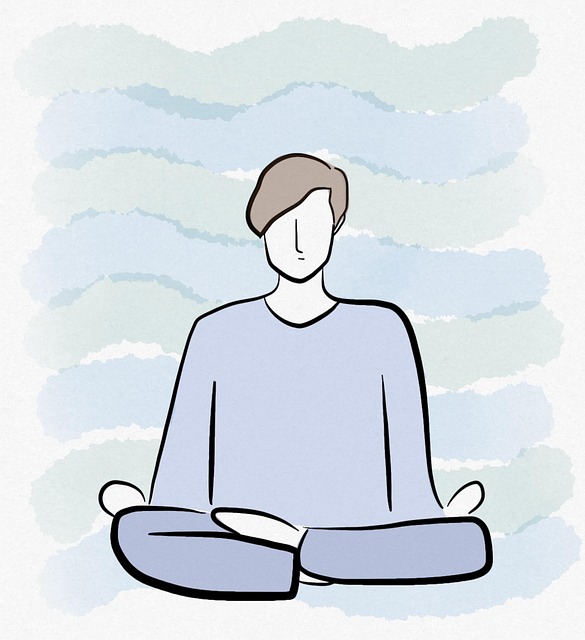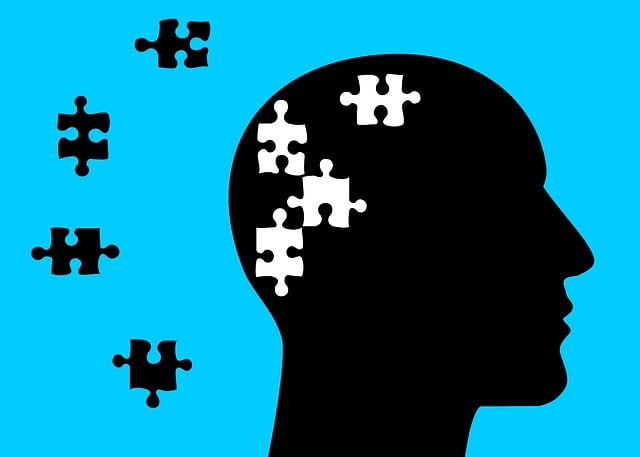TL;DR:
Self-care is crucial for young adults navigating stress, academic demands, and adulthood challenges. Therapy for young adults, facilitated by therapists-clinicians, equips them with skills to manage anxiety, reduce stress, and build healthy habits through personalized guidance and coping strategies. These professionals integrate burnout prevention techniques, holistically address mental health stigma, and encourage sustainable self-care routines, ultimately enhancing resilience and overall well-being. By overcoming barriers and combining therapy sessions with community support, therapy for therapists-clinicians empowers young adults to prioritize self-care in their daily lives.
“Unleash your inner resilience with an enhanced self-care routine – a transformative journey crucial for young adults’ holistic well-being. This article delves into the art of nurturing yourself, exploring strategies that complement therapy for young adults and therapy for therapists-clinicians. From understanding the foundational significance of self-care to practical tips for integration into daily life, we uncover tools to overcome barriers and encourage consistent adherence. Embrace a balanced approach to wellness.”
- Understanding Self-Care: The Foundation for Young Adults' Well-being
- The Role of Therapists and Clinicians in Promoting Effective Self-Care Practices
- Strategies for Integrating Self-Care into Daily Routines
- Overcoming Barriers: Encouraging Adherence to Self-Care Regimes
Understanding Self-Care: The Foundation for Young Adults' Well-being

Self-care is a cornerstone of overall well-being, especially for young adults navigating their personal and professional lives. It involves intentional actions that promote physical, mental, and emotional health. For this demographic, who often face heightened stress levels, academic or career pressures, and the evolving challenges of adulthood, understanding and prioritizing self-care can be transformative. This concept is not merely a luxury but an essential tool for fostering resilience and sustaining long-term mental health.
Therapy plays a pivotal role in equipping young adults with the skills to engage in effective self-care practices. Through therapy sessions, individuals can explore their personal barriers to self-nurturing, learn coping strategies tailored to their unique needs, and address underlying issues that may hinder their emotional healing processes. Whether it’s anxiety management techniques, stress reduction strategies, or building healthy habits, therapists and clinicians provide a supportive space for clients to enhance their confidence boosting journeys and contribute significantly to mental illness stigma reduction efforts.
The Role of Therapists and Clinicians in Promoting Effective Self-Care Practices

Therapists and clinicians play a pivotal role in promoting effective self-care practices among young adults by providing tailored guidance and support. Through therapy sessions, they equip individuals with essential communication strategies to articulate their needs, fostering open dialogue between patients and their support systems. This proactive approach not only enhances self-awareness but also encourages help-seeking behaviors, crucial for addressing emerging mental health concerns early on.
Moreover, therapists can incorporate burnout prevention strategies for healthcare providers into their practice, ensuring that young adults receive care from well-being-focused professionals. By integrating mental illness stigma reduction efforts into therapy, they create a safe and non-judgmental environment, encouraging honest exploration of emotional challenges. This holistic approach ultimately empowers individuals to adopt sustainable self-care routines, enhancing overall resilience and wellbeing.
Strategies for Integrating Self-Care into Daily Routines

Integrating self-care into daily routines is a vital step towards fostering emotional regulation and preventing burnout, particularly for young adults navigating life’s challenges. Therapy for young adults often emphasizes the importance of establishing consistent self-care practices as a form of risk management planning for mental health professionals. This can include dedicated time for physical activities like exercise or mindfulness practices such as meditation, which have been shown to alleviate stress and enhance overall well-being.
Therapists-clinicians play a crucial role in guiding their clients towards sustainable self-care habits. They can encourage the integration of these practices into existing daily routines by offering practical tips and strategies tailored to individual needs. For instance, incorporating short mindfulness exercises during morning rituals or scheduling physical activities as part of an evening wind-down routine can help manage stress and promote better emotional regulation. Burnout prevention becomes a shared goal when therapists model healthy habits and support clients in developing their own self-care plans.
Overcoming Barriers: Encouraging Adherence to Self-Care Regimes

Overcoming barriers is a crucial step in encouraging adherence to self-care regimes for young adults seeking therapy. Many individuals struggle with prioritizing their well-being due to various reasons, such as heavy workloads, financial constraints, or societal pressures. Therapists and clinicians play a pivotal role in helping clients navigate these obstacles. They can guide young adults in setting realistic goals and creating structured plans that fit their unique lifestyles.
One effective strategy is the implementation of community outreach programs that promote self-care workshops and support groups. These initiatives foster a sense of belonging, providing individuals with valuable coping skills development and inner strength development. By combining therapy sessions with accessible community resources, therapists can enhance client motivation and ensure long-term adherence to self-care practices.
Self-care is not just a trend, but an essential practice for young adults’ well-being. By understanding its foundation and incorporating effective strategies into daily routines, individuals can significantly improve their mental health. Therapists and clinicians play a pivotal role in promoting self-care by providing guidance and support tailored to each person’s needs. Overcoming barriers to adherence requires a combination of motivation and practical solutions, ensuring that self-care becomes an enduring habit. For those seeking therapy for young adults or professionals looking to enhance their practice, focusing on self-care is a game-changer that fosters resilience and overall well-being.













